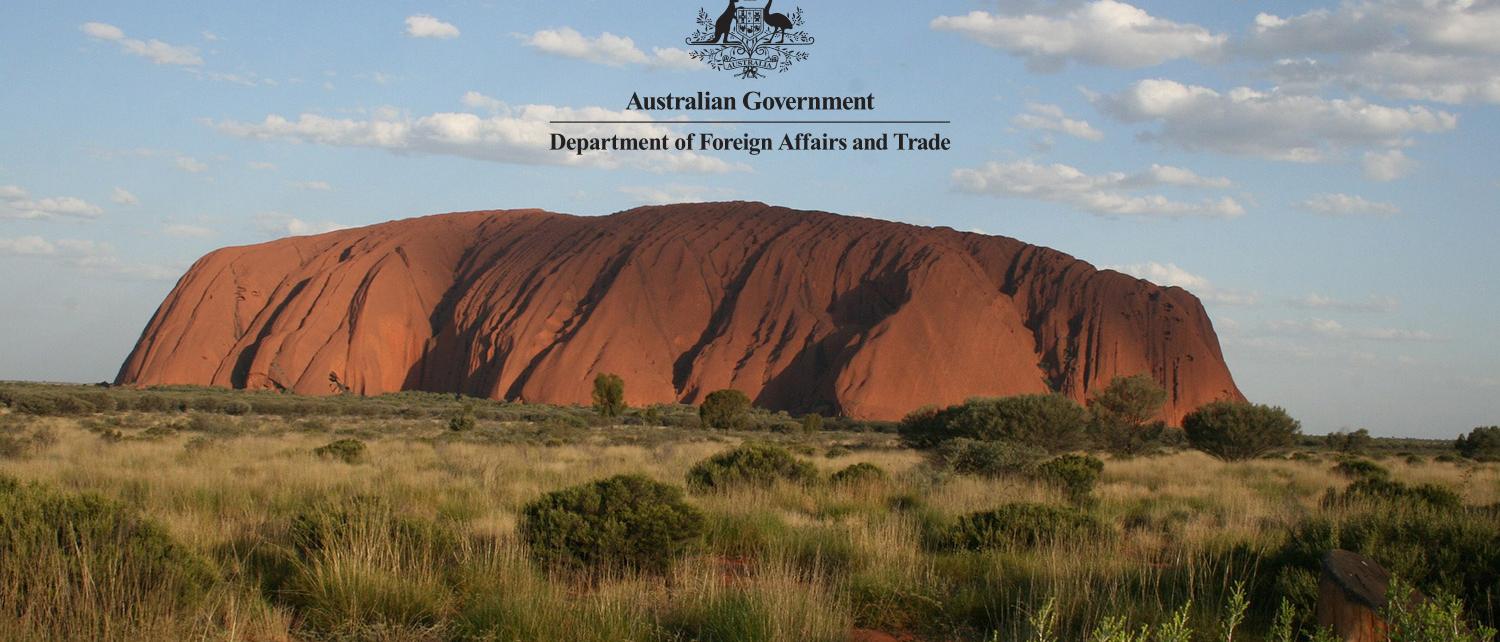TB Alliance, a not-for-profit product development partnership with the mission of developing better, faster, and affordable drugs for tuberculosis (TB), has received a grant from the Australian Department of Foreign Affairs and Trade (DFAT) to support late-stage clinical trials of new TB treatments. The grant was announced at a World TB Day event in Canberra, Australia as part of a larger investment of support for new tools to tackle diseases that endanger public health in the region.
“Drug-resistant TB and malaria pose a threat to health security in our region and carry a high burden for our Asia-Pacific neighbors,” said Australia’s Minister of Foreign Affairs Julie Bishop in a statement. “More than half of the global TB cases (56%) occur in the region.”
TB kills 1.5 million people each year, according to the World Health Organization (WHO). Eight countries near Australia (Bangladesh, Cambodia, China, India, Indonesia, the Philippines, Thailand and Vietnam) are among the 22 high-burden countries designated as focus countries by the WHO. In 2014, WHO reported a TB prevalence rate for Papua New Guinea of 57 times that of Australia’s—437 cases per 100,000 people. Of particular concern is the growing burden of drug resistance, such as multidrug-resistant (MDR-) TB, which is significantly more complicated and expensive to treat.
“We are extremely appreciative of the grant from DFAT, which will help advance life-saving drugs for tuberculosis,” said Mel Spigelman, MD, President and CEO of TB Alliance. “This support will help accelerate bringing much needed treatments to people in need and facilitate governments’ ability to cost-effectively scale up TB treatment, especially that of drug resistant TB.”
Among other programs, the three-year $10 million AUD grant will help TB Alliance operate the STAND trial, which will test the effectiveness of three drugs—pretomanid, moxifloxacin, and pyrazinamide—to treat both drug-sensitive and MDR-TB with a completely oral treatment. The regimen is expected to be shorter, simpler, safer, and up to 90 percent less expensive than the current treatment for MDR-TB. Four sites in the Philippines, three in Malaysia and one in Thailand, are expected to participate in the trial.
TB Alliance previously received a one-year grant from the Australian government in 2013. This new grant offers longer-term support over three years, critical for the sustained commitment needed to achieve product development.
Currently, people with MDR-TB require 18 to 24 months of treatment, with up to 14,000 pills and daily injections for at least six months. According to WHO, of the 480,000 patients with MDR-TB in 2013, only 20 percent were treated. Of those treated, less than half (48 percent) of MDR-TB patients are cured. Even those with drug-sensitive TB require a minimum of six months of therapy, a significant burden for people with TB and the programs that care for them.
###
About TB Alliance
The Global Alliance for TB Drug Development (TB Alliance) is a not-for-profit organization dedicated to finding faster-acting and affordable drug regimens to fight tuberculosis. Through innovative science and with partners around the globe, we aim to ensure equitable access to faster, better TB cures that will advance global health and prosperity. TB Alliance operates with support from Australia Department of Foreign Affairs and Trade, Bill & Melinda Gates Foundation, European Commission, Global Health Innovative Technology Fund, Irish Aid, National Institute of Allergy and Infectious Disease, UNITAID, United Kingdom Department for International Development, United States Agency for International Development, and the United States Food and Drug Administration. For more information please visit tballiance.org.


